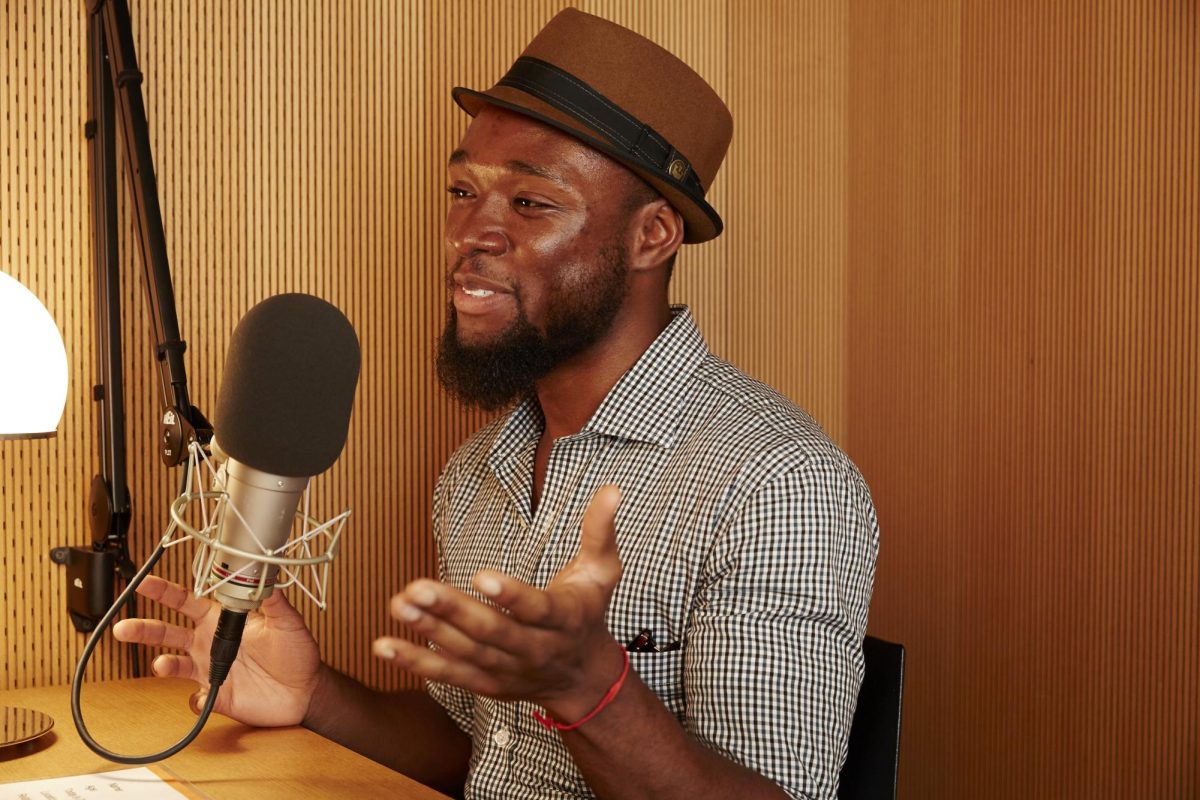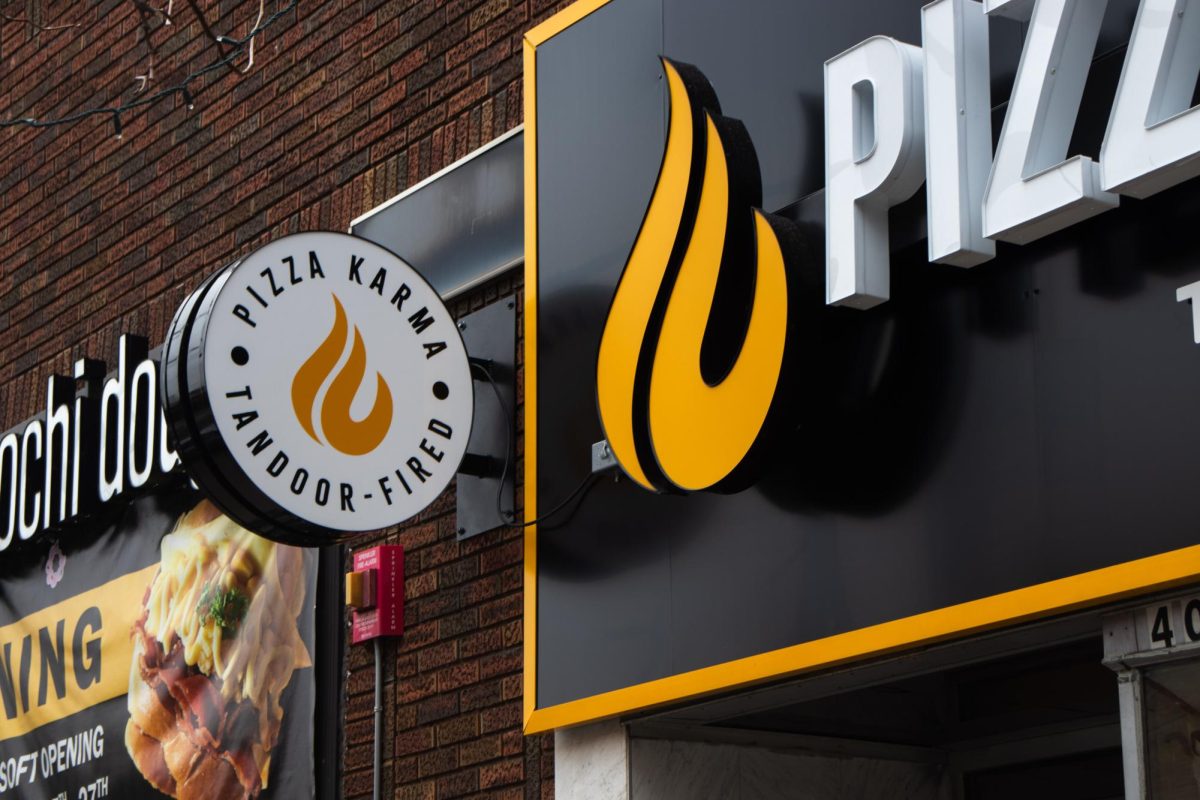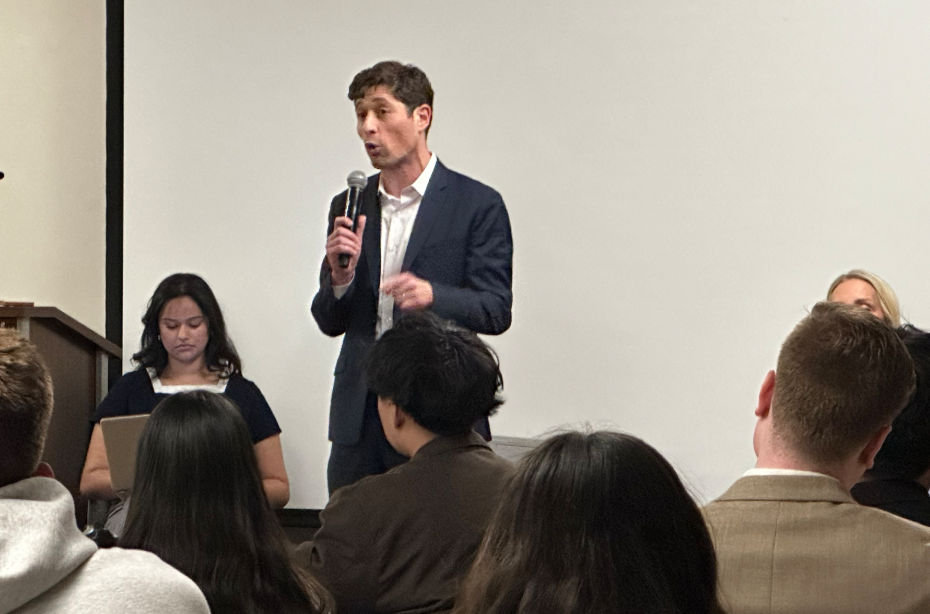Abdul Sero grew up in Cedar-Riverside. He remembers it as a fun neighborhood, all his friends lived nearby. They played soccer or hide-and-seek well into the afternoon until their parents had to call them home for lunch.
That was more than a decade ago.
Sero spent last summer working with the Minneapolis Youth Coordinating Board for its first year in the area. The YCB just secured $50,000 for another year in Cedar-Riverside and Seward.
The YCB was a chance for Sero to give back to the changing community. He said crime has worsened and the opioid epidemic hit Cedar-Riverside especially hard.
“Around my time there wasn’t that. A lot of things were not easily accessible to young kids like us, you know, like drugs, guns and all the stuff,” Sero said. “But now it’s just [on] your front step. So, it’s scary.”
In its first year in the neighborhood, the YCB mainly connected youth to resources, but they also helped homeless adults who needed a hand.
LaToya Balogun, director of youth operations with the YCB, said the first year was about getting a “lay of the land.” The workers initially connected with local institutions to reach the youth.
The nine-person Cedar-Riverside outreach team built relationships with security at Riverside Plaza to try to get youth off trespassing lists for minor infractions. The team handed out vouchers to young men who may have been intoxicated, which could be redeemed at local businesses for food to sober up.
The workers played basketball with the teenagers and soccer with the younger kids. They’d break up fights and act as “big brothers,” Sero said.
Stepping into the neighborhood was “a little weird” at first, Sero said. The young people in the community did not trust the workers. Some thought they were cops or fishing for information.
But the outreach team built trust over time by reassuring community members that they were just there to help — and often shared water or Gatorade on hot summer days. “Youth are here” was emblazoned on the group’s bright yellow shirts to draw attention.
“Once they started understanding why we’re there and they saw how sincere we were to help them, that’s when they started, you know, being relaxed around us,” Sero said.
Before coming to Cedar-Riverside, the YCB saw success since 2012. Other YCB teams include those in Downtown and North Minneapolis.
The team’s work in Cedar-Riverside extended from June until November last year. Ward 2 City Council member and YCB board member Cam Gordon is optimistic for the group’s future.
“I’m hoping they’ll still continue to build relationships and end up getting youths connected to help,” Gordon said. He and Ward 6 Council member Abdi Warsame secured funding for the program in the city’s 2020 budget.
The Cedar-Riverside team’s charge for the upcoming program is to educate elders and youth about what opioid addiction looks like, Balogun said.
Balogun, director of youth operations, said showing kids that people who look like them and come from their neighborhood found a way toward success is an important part of rerouting negative behavior. The nine men in Cedar-Riverside are of East African descent.
“I think a big piece of it was to say like, ‘Look, we all make mistakes,’” Balogun said. “But as a community, we can’t ostracize folks, we have to kind of bring them back into the fold.”
Sero also founded and currently runs a nonprofit, the Ten Thousand Lakes Foundation, which aims to provide opportunities to youth in the Twin Cities. His family came from a war-torn country, so he said they experienced a lot at a young age. Now he wants to show the youth from Cedar-Riverside that they can be successful.
“I just try to see this opportunity. The opportunity I had,” Sero said. “And I could use this knowledge and help a lot of people. That’s one of my dreams. So yeah, that’s why I try to do these things.”














